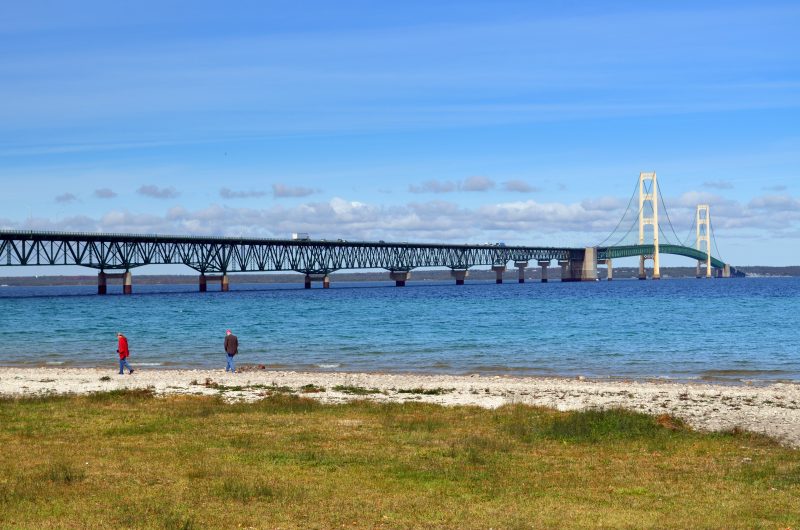STEM Pipeline Blog / July 7, 2020
Greetings from MSU Extension and MI Sea Grant!
As we shifted to digital programming this summer, Michigan State University Extension has launched lots of programming supporting lifelong learning and STEM exploration. Visit MSU Extension’s Remote Learning and Resources for a full list of upcoming opportunities and tools.
Here are some highlights along with other resources supported by MSU Extension.
MSU Extension and 4-H have launched virtual SPIN (special interest) clubs to engage youth in a variety of topics over a short period of time. Each club meets a minimum of six times but not more than eight times within an eight-week period.
- In Zipping Around the Zoos Part 2, youth explore different animals and conservation across the world. The club began on Monday, July 6 and will end July 22. This club meets virtually every Monday and Wednesday from 3 – 4:30 PM EST. For more information and to register, please visit: https://bit.ly/4-HZOOS2.
- USA Road Trip will explore different landmarks across the USA. The “trips” will start on July 8 and end on July 15. This club will meet from 1 – 2 PM EST for six straight weekdays from Wednesday to Wednesday. The “trips” taken will also be driven by club members. For more information and to register, please visit: https://bit.ly/4-HUSA.
These online 4-H SPIN Clubs are free and open to 4-H and non-4-H members. Youth should be 9 years and older or paired with an adult or older sibling (if younger than 9 years old). Both of these 4-H SPIN Clubs will meet virtually via Zoom (both computer and smartphone accessible).

Shifting to the Great Lakes, you can explore the Straits of Mackinac in this virtual program, Life of the Straits, beginning on July 9. This free program is specifically developed for 8- to 12-year-olds in mind but is open to whole families. The program will take place on Zoom on Thursday evenings (6-6:30pm) throughout much of July and August. Each program will be a short series of sessions on amazing features of the Straits of Mackinac such as the Mackinac Bridge, local nature preserves and more. Sessions will also include interviews and interactive Q&As with local area experts and Michigan Sea Grant partners. Sessions end with a challenge for families to complete over the course of the week. Click here to register and for more information.
Another tasty resource is Freshwater Feasts. Developed by MI Sea Grant, this cooking blog features recipes showcasing delicious edibles from the Great Lakes basin including fish, game, and foraged food! Here is a Tuscan poached fish recipe featuring walleye. You can also learn more about the Great Lakes Fishery in a HOMES @ Home episode, One Fish, Two Fish, and make the featured, fintastic recipe.
HOMES @ Home is a fun-filled series with family friendly videos jam-packed with Great Lakes facts, activity suggestions, and daily challenges. Complete five challenges from the series and receive a Great Lakes Jr. Scientist Certificate!
Want to develop your fishing skills? Here is a link to MSU’s Project FISH YouTube Channel, where Mark Stephens shares angler tips. If you do not have a fishing rod, he also shows you how to make a fishing reel out of a pop can!
If connecting to the internet is a concern, Connected Nation Michigan is mapping publicly available Wi-Fi across Michigan. Here are their broadband mapping and analysis resources.
Michigan Sea Grant helps to foster economic growth and protect Michigan’s coastal, Great Lakes resources through education, research, and outreach. A collaborative effort of the University of Michigan and Michigan State University and its MSU Extension, Michigan Sea Grant is part of the NOAA-National Sea Grant network of 34 university-based programs.
This report was prepared by Michigan Sea Grant under award NA180AR4170102 from the National Oceanic and Atmospheric Administration, U.S. Department of Commerce through the Regents of the University of Michigan. The statements, findings, conclusions, and recommendations are those of the author(s) and do not necessarily reflect the views of the National Oceanic and Atmospheric Administration, the Department of Commerce, or the Regents of the University of Michigan.
← Blog Archives
